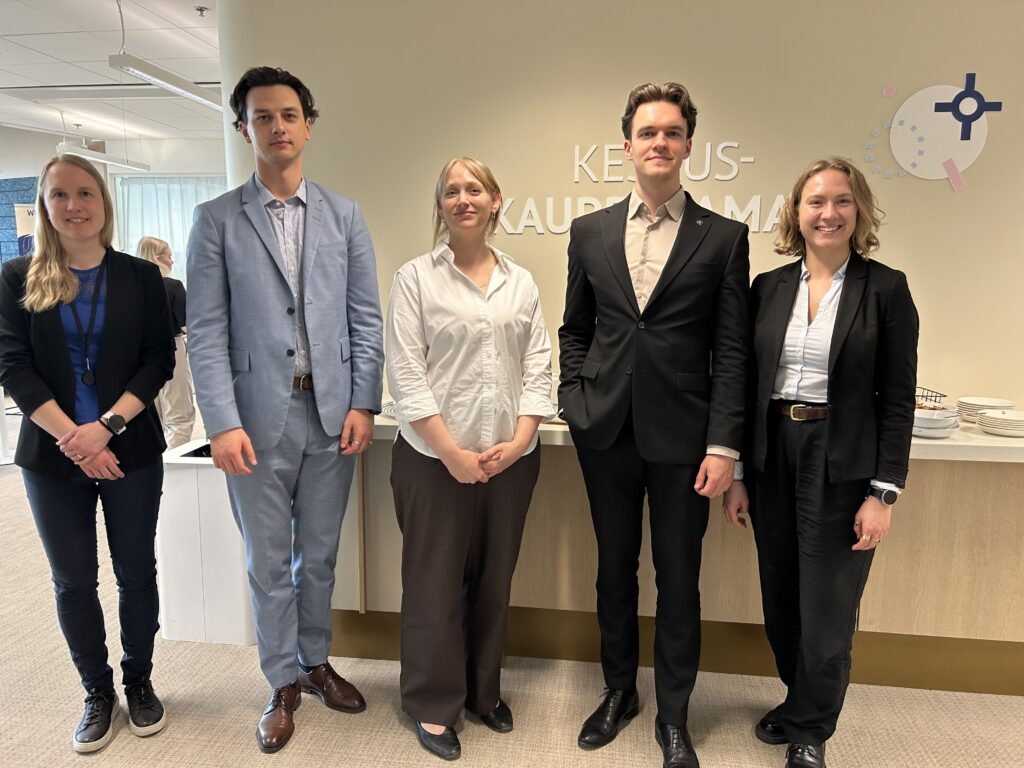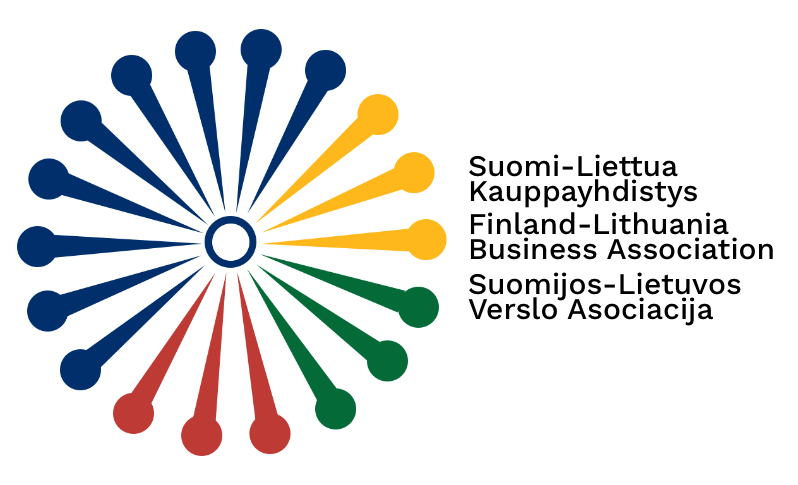The rapidly expanding life science sector in Lithuania is drawing significant investments

Lithuania boasts a rich legacy of biotechnological innovation that dates back over two centuries, beginning in the 1800s with Andrew Sniadecki’s pioneering work, Theory of Organic Beings, published at Vilnius University. Today, the country continues to build on this legacy, making strategic investments in science and innovation hubs in Vilnius and Kaunas, as well as expanding facilities for universities and research institutions.
Key Sectors in Lithuania’s Bioeconomy: Agriculture, Dairy, Meat, Forestry, and Manufacturing
Lithuania’s bioeconomy is anchored in agriculture, dairy and meat production, forestry, and manufacturing. With 52% of its land dedicated to agriculture and 33.5% covered by forests, the country offers strong potential for biomass-based industries. Lithuania plays a significant role in European agriculture, supplying sustainable, high-quality biomass.
Companies like Roquette Amilina exemplify this potential by using 100% locally sourced, sustainably certified wheat to produce starches, proteins, glucose syrups, and by-products like bran and fiber for animal feed and pharmaceuticals, serving international markets.
Sustainable livestock production is vital, particularly as dairy contributes a major share of the country’s animal-based output, ensuring high self-sufficiency. Lithuania also prioritizes sustainable forest management, leveraging wood resources in eco-friendly construction and promoting a circular bioeconomy.
Foreign investment plays a key role in advancing Lithuania’s biomanufacturing sector. Manufacturing alone accounts for around 23% of the country’s GDP, underscoring its importance in the national economy.
Lithuania’s MedTech sector excels at the convergence of medical and engineering expertise, cutting-edge software development, and top-tier manufacturing. The country is a regional leader in medical device exports and is well-positioned to become a major hub for medical device manufacturing in the Baltics and Nordics.
Lithuania has emerged as the EU’s top Fintech hub, with the highest number of licenses granted. This model is expected to be replicated in the biochemistry and engineering sectors, which are poised to become key industries in the coming years.
Rapid Growth Fuels Lithuania’s Bioeconomy Boom
Although Lithuania entered the bioeconomy sector later than some countries, it has made remarkable progress, rapidly advancing through key development stages. Strong collaboration between academia and industry has been a key driver of innovation, with Lithuanian researchers contributing to significant scientific breakthroughs. Today, Lithuania stands out as a dynamic hub for life sciences research and development, combining scientific excellence with robust digital infrastructure in a supportive ecosystem. Government backing, engaged co-investors, and lessons learned along the way continue to propel the growth of the bioeconomy sector.
In Lithuania, 7 universities and 10 professional schools provide a wide range of programs in life and health sciences, ensuring a continuous pipeline of qualified specialists. Research conducted at these institutions is internationally recognized for its high quality. To further stimulate global innovation, Lithuania participates in initiatives like MISTI, the Massachusetts Institute of Technology’s International Science and Technology Initiative.
Lithuania’s regulatory framework, aligned with European Union standards, creates a supportive environment for scientific advancements and business innovation. The country also offers a cost-effective and efficient setting for clinical trials.
A highly skilled talent pool, combined with a business environment focused on innovation, makes Lithuania an attractive destination for foreign investors. With efficient governance, strong engineering expertise, and a commitment to green transformation, Lithuania is an ideal hub for manufacturing companies looking to expand and succeed. Additionally, the country ensures a steady supply of raw materials, supporting the growth of the biomanufacturing sector.
Biochemistry and Engineering – Two Most Promising Sectors in the Future
Lithuania has developed a robust energy infrastructure and is on a clear, ambitious trajectory toward full reliance on renewable energy. The country has a well-funded government strategy to support its green energy transition. Currently, 70 % of Lithuania’s electricity comes from renewable sources, with plans to reach 100% by 2028 and begin exporting renewable energy by 2030.
Potential for cooperation between the Nordic and Baltic Countries
There is strong potential to enhance collaboration between Finland and Lithuania, particularly through university-level partnerships in research and education. Establishing academic exchange programs and joint research initiatives could help create an open, dynamic hub for researchers across the region—benefiting all parties involved.
Finland’s expertise in sustainable technologies and practices could significantly complement Lithuania’s expanding industrial sectors. By combining strengths, both countries could jointly develop cost-effective, sustainable products with strong market appeal.
The EU’s Horizon program offers valuable opportunities for funding and fostering international cooperation. In addition, the development of Rail Baltica will enhance connectivity across the region, improving accessibility for researchers and facilitating cross-border mobility.
Overall, there is considerable potential for broader collaboration throughout the Baltic and Nordic regions. By leveraging their complementary strengths, these countries can build a more competitive, resilient, and sustainable regional ecosystem—adapted to the diverse needs and contexts of each area.
In November 2024 Estonia, Finland, Latvia, Lithuania, Portugal and Sweden published a joint non-paper on bioeconomy with the following key objectives: Maintaining and strengthening the EU’s global leadership in bioeconomy and bio-based solutions; simplifying the legislative framework to achieve faster acceptance (speed up permit-granting processes) and market access for bio-based products and establishing a sustainable European Bio-based Products Alliance.
The article is based on discussions with Ms. Greta Zajančauskaitė, Senior Investment Advisor and Mr. Jokūbas Nikanorovas, Investment Advisor, Invest in Lithuania.
Anne Hatanpää, Secretary General, Finland-Lithuania Business Association


